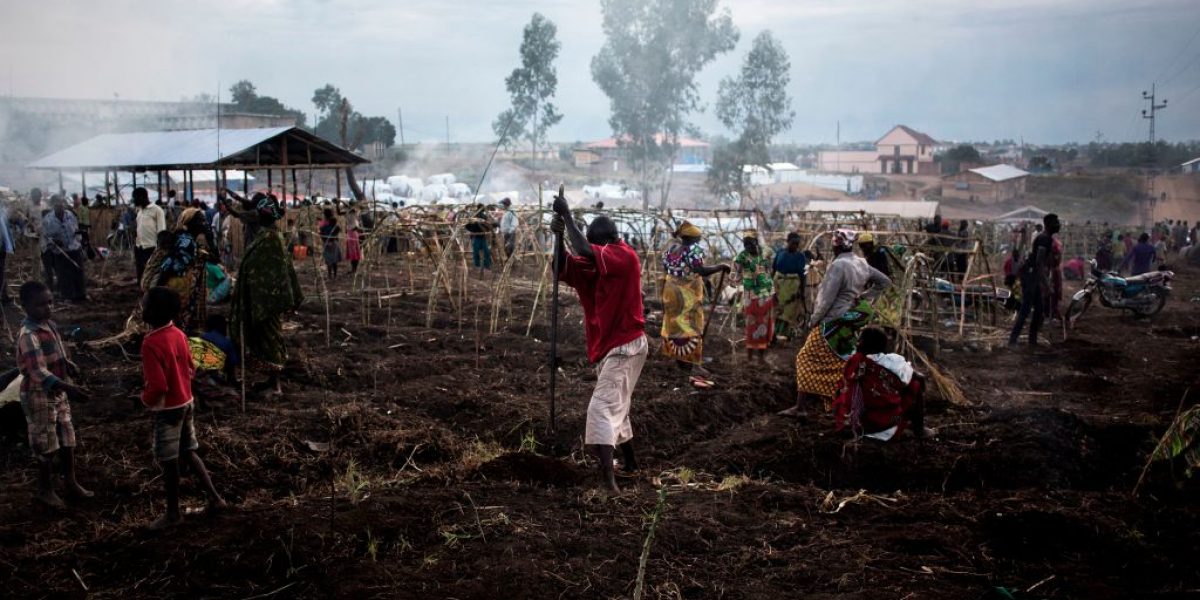By stepping aside Kabila has averted a constitutional crisis in his country, which had barred him from running for a third consecutive term. Kabila is the only president the DRC has known since 2001, when his father was assassinated, and there is uncertainty around a new leadership – what will it mean for the future of the country, and for longer-term stability? There is concern that these elections will not solve any of the enduring political and security challenges the country faces. This paper attempts to unpack possible scenarios for how the coming months will unfold in the DRC, to help SADC, the AU and the broader international community to prepare. It recommends that international pressure on the regime be maintained to ensure that a credible election is held, and that preparations be made for the real possibility that wide-scale violence will ensue. To ensure the necessary groundwork is laid, the AU, SADC and the international community must engage in multi-tracked interventions that include both negotiation and a peace enforcement option.








